- Remembered as "Baba",Raila embodied the spirit of endurance and reform. His life proved that even in death ,"nobody can stop reggae "and nobody can silence the man who refused to be silenced.
If you ever needed proof that Kenya’s political story is stranger than fiction, look no further than Raila Amolo Odinga.
The son of a freedom fighter. The student who crossed oceans for education. The prisoner who became Prime Minister. The man who turned every defeat into a new beginning. Raila’s life reads like a history of resilience written across five decades of Kenyan politics.
Born on January 7, 1945, in Maseno, Raila grew up in the shadow of a towering father Jaramogi Oginga Odinga, Kenya’s first Vice President. Politics wasn’t a choice in that household; it was oxygen. But destiny didn’t come gift-wrapped. He carved his own path, first as a student in East Germany, where he earned a mechanical engineering degree in 1970.
He became known as “Tinga” Swahili for “tractor” a nickname that later defined his campaign identity. The tractor became his life metaphor: slow, maybe, but unstoppable.
When he returned home, Raila taught at the University of Nairobi and later joined the Kenya Bureau of Standards, rising to Deputy Director by 1978.
Then came 1982 the year that changed everything. A failed coup attempt led to Raila’s arrest, accused of conspiracy. He was detained without trial for six years under President Daniel arap Moi. He later described those years as “a time to think, to learn patience, and to overcome fear.”
After his release in 1988, and following further arrests and a period of exile in Norway, Raila emerged as one of the loudest voices pushing for multiparty democracy. When Section 2A of the Constitution which outlawed opposition was repealed in 1991, he returned home and won his first Lang’ata parliamentary seat in 1992.
Raila didn’t just speak politics; he performed it. He became famous for his vitendawili campaign riddles that made even his opponents laugh before realizing he’d just roasted them politely. “It’s how our elders taught us,” he said in a 2017 interview. “To make you think, not just clap.”
Then came the moment that defined him: the 2002 elections. In front of a sea of supporters at Uhuru Park, Raila lifted his hand and shouted “Kibaki tosha!” Kibaki is enough endorsing Mwai Kibaki as the joint opposition candidate. That single phrase united Kenya’s opposition and ended KANU’s four-decade rule.
He didn’t win the presidency, but he won history the kingmaker who changed power’s course with five syllables.
His political life was never peaceful. The 2007 election plunged Kenya into post-election violence, killing more than 1,000 people. The crisis ended when Raila agreed to a power-sharing deal, becoming Prime Minister in 2008.
Despite deep political mistrust, his tenure helped birth Kenya’s 2010 Constitution a major democratic milestone.
And then came “Nobody can stop reggae.” The phrase, popularized during the 2018 Building Bridges Initiative (BBI) rallies with President Uhuru Kenyatta, became a national meme part joke, part prophecy.
For Raila, it symbolized the unstoppable march toward reform. In one rally, he said, “When the country is burning, you don’t ask who started the fire—you start pouring water.”
Yet behind the defiance was a personal cost. During his long detentions, his children rarely saw him. His son, Raila Junior, once recalled, “I first met my dad when I was 10 years old. Before that, he was just a picture on the wall.”
That heartbreak humanized the man Kenyans simply called Baba.
He ran for president five times 1997, 2007, 2013, 2017, and 2022. Each time he lost narrowly, sometimes amid controversy. But he refused to quit.
His 2018 handshake with Uhuru Kenyatta shocked the nation. After years of rivalry, the two embraced on the steps of Harambee House. It wasn’t surrender—it was strategy. A bid to cool Kenya’s political temperature. Even critics admitted it showed evolution: the rebel learning the art of reconciliation.
In 2024, Raila sought the African Union Commission chairmanship, signaling his ambition to serve beyond Kenya. Though he didn’t win, it showed that at nearly 80, the fire still burned. “When the people are tired, they will act,” he told a crowd that year—a reminder that his politics was always rooted in people, not position.
On October 15, 2025, Kenya woke up to the news that Raila Odinga had died in India of cardiac arrest. His body’s return to Nairobi was met with chants, tears, and songs old freedom tunes rising once more. For many, it wasn’t just the passing of a politician, but of an era.
Looking back, Raila Odinga’s life wasn’t about unbroken victories. It was about persistence. He never sat in State House, yet he shaped Kenya’s democracy more than many who did. His humor, his courage, his capacity to lose without bitterness these made him timeless.
As one supporter put it outside Parliament during his memorial:
“Baba didn’t lose. Kenya won.”
And maybe that’s the truest line in this whole story.
Because even in death, nobody can stop reggae and nobody can silence the man who refused to be.
Stay connected with us on WhatsApp and X for instant updates and breaking news as it happens.

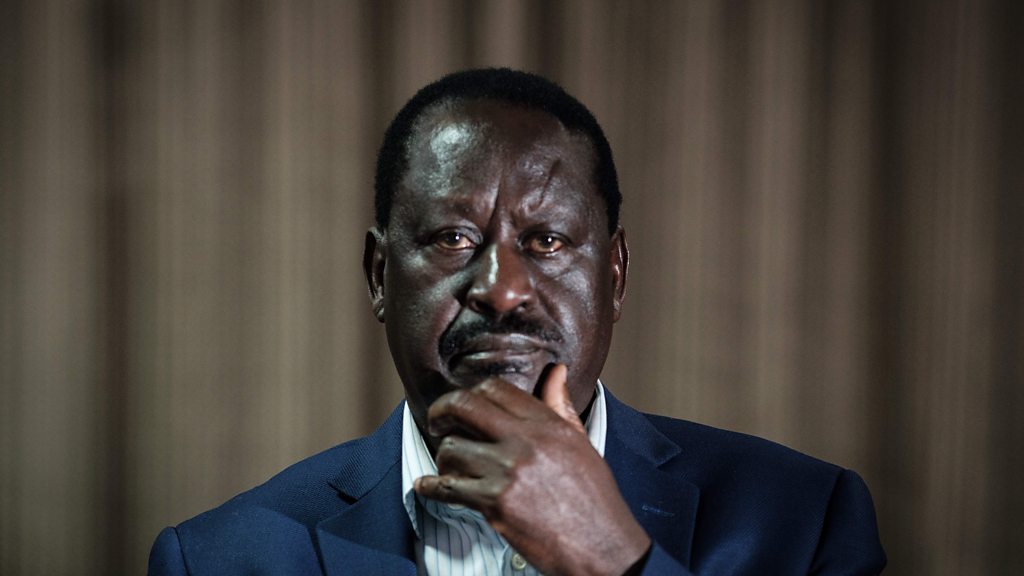
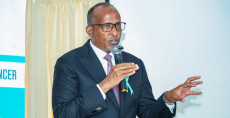
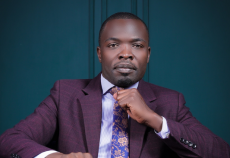
-1769608133-md.jpg)
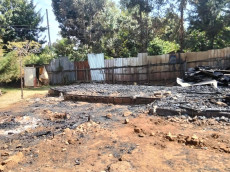
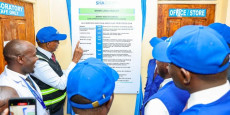


-1769608133-sm.jpg)

